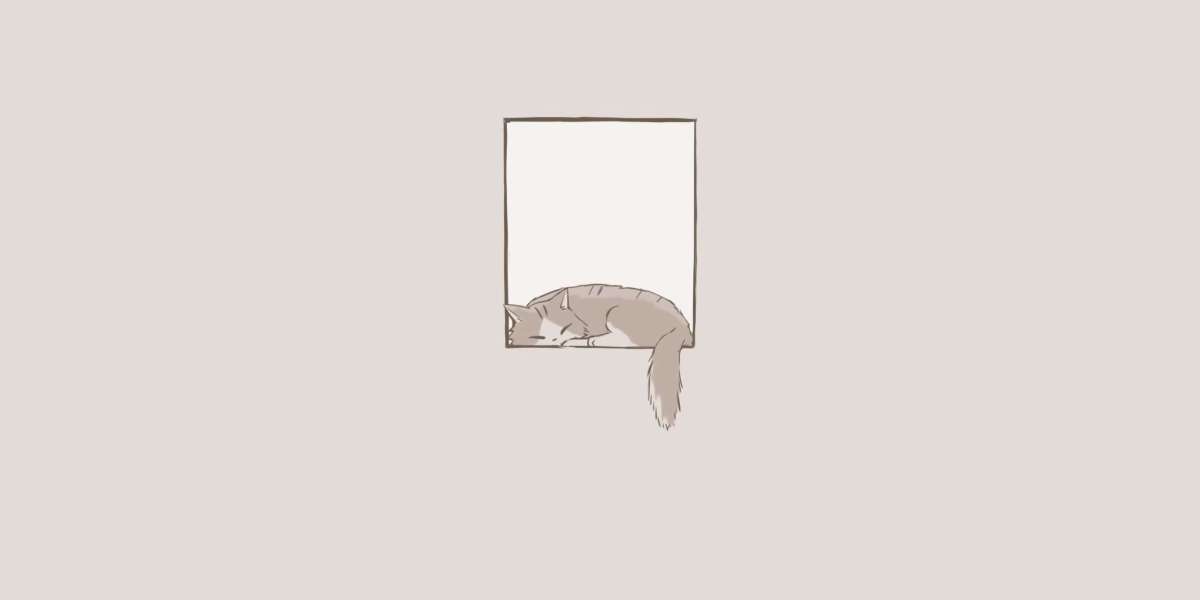In the growing movement toward sustainability, businesses and consumers alike are becoming more conscious of the environmental impacts of their choices. One area that has seen significant innovation in recent years is packaging. Traditional packaging materials, such as plastic, are being phased out in favor of more sustainable alternatives. Among these, molded fiber trays have emerged as a leading solution. These trays, made from renewable plant fibers, are not only biodegradable but also offer strength and versatility for a range of industries. Let’s explore how molded fiber trays are revolutionizing eco-friendly packaging.
As global awareness of environmental issues increases, businesses are under pressure to adapt to more sustainable practices. Packaging, which often contributes significantly to wasthttps://bonitopak.com/oem-molded-paper-pulp-clamshell-for-tube-jars-packaging/e, is a major area where change is being prioritized. Molded fiber trays offer a solution that aligns with sustainability goals. These trays are made from natural fibers such as paper, wood pulp, or agricultural waste, and their production process is designed to minimize energy consumption and reduce carbon footprints. By using these materials, companies can significantly reduce their reliance on non-renewable resources, contributing to a more eco-friendly future.
The Environmental Benefits of Molded Fiber Trays
Molded fiber trays are an excellent example of how businesses can reduce their environmental footprint through sustainable packaging. The key advantage of these trays lies in their biodegradability and compostability. Unlike plastic, which can take hundreds of years to decompose, molded fiber trays break down naturally when exposed to the elements, leaving no lasting negative impact on the environment. This makes them an ideal alternative for companies looking to reduce plastic waste and promote sustainability.
Additionally, the raw materials used to produce molded fiber trays are often by-products of other industries, such as agricultural or forestry residues. This not only helps in reducing waste from these industries but also promotes a circular economy where materials are repurposed rather than discarded. Furthermore, the production process for molded fiber trays typically uses less energy compared to the production of plastic or metal packaging, making it a more resource-efficient option in the long term.
Molded Fiber Trays in the Food Industry
The food industry is one of the largest consumers of packaging materials, and molded fiber trays are making a significant impact in this sector. These trays are commonly used to package fresh produce, meat, and ready-to-eat meals. Their ability to protect products during transit, combined with their eco-friendly properties, has made them a popular choice for environmentally-conscious food brands. For example, molded fiber trays are often used for packaging fruit and vegetables, providing a sustainable alternative to plastic clamshells or styrofoam trays.
In addition to being eco-friendly, molded fiber trays are also versatile in their design. They can be molded to fit the shape and size of the product they are packaging, ensuring a secure and efficient packaging solution. Moreover, these trays can be coated with natural substances like plant-based waxes to make them water-resistant or oil-resistant, further extending their functionality. With growing demand for sustainable packaging in the food industry, molded fiber trays have established themselves as a key player in providing environmentally responsible packaging solutions.
Cost-Effectiveness and Scalability of Molded Fiber Trays
While the environmental benefits of molded fiber trays are clear, their cost-effectiveness is another reason why they are gaining popularity. Traditionally, eco-friendly packaging options have been seen as more expensive than conventional plastic packaging, but the increasing demand for sustainable solutions has driven down the cost of molded fiber trays. As production techniques improve and economies of scale come into play, molded fiber trays are becoming more affordable for businesses of all sizes.
Scalability is another key benefit of molded fiber trays. They can be produced in large quantities without compromising on quality, making them an attractive option for companies looking to transition to more sustainable packaging without significant financial strain. Furthermore, molded fiber trays are highly customizable in terms of size, shape, and design, enabling businesses to tailor their packaging to meet specific needs while maintaining their commitment to sustainability.
The Future of Molded Fiber Trays in Eco-Friendly Packaging
Looking to the future, molded fiber trays are expected to play an even more significant role in the transition toward sustainable packaging. With advancements in material science and manufacturing technologies, these trays will continue to evolve, becoming even more functional, efficient, and eco-friendly. Innovations like the development of even stronger, lightweight trays and the ability to incorporate renewable resources will allow businesses to further reduce their environmental impact.
Governments and regulatory bodies are also stepping up their efforts to encourage sustainable packaging practices. With increasing regulations aimed at reducing plastic waste and promoting recycling, the demand for molded fiber trays is expected to rise. As consumers continue to prioritize sustainability, businesses that adopt molded fiber trays as part of their packaging strategy will not only meet regulatory requirements but also strengthen their brand image by demonstrating a commitment to environmental responsibility.
Conclusion
Molded fiber trays represent a significant step forward in the journey toward more sustainable packaging solutions. Offering numerous environmental benefits, including biodegradability, compostability, and reduced reliance on non-renewable resources, these trays are helping businesses across various industries transition to more eco-friendly practices. Whether in the food industry or beyond, molded fiber trays are proving to be a versatile, cost-effective, and scalable alternative to traditional packaging materials. As demand for sustainability continues to grow, molded fiber trays are poised to lead the way in shaping the future of eco-friendly packaging.






